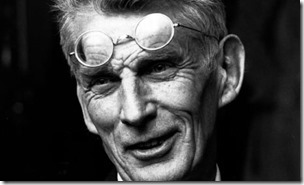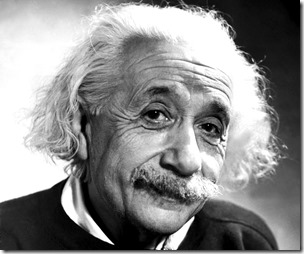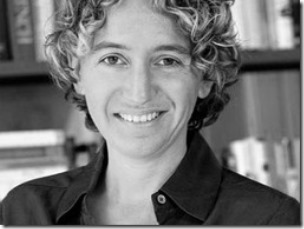Being Wrong is Alright: The Secret for Courage and Creativity
I studied Financial Management, worked 2 years in Human Resources, another 2 years in Business Development, and decided to become a writer. I write in English, which is not my mother tongue. I’m keenly interested in philosophical and disturbingly deep topics. I write about how to lead a good life. Wait a minute, I’m a 20-something who has the Asian face of a teenager!
You get the idea.
At the beginning, I was terrified. I interrogated myself: “How dare you?” Who do I think I am to express my opinions on grand topics like money, power, fame, love, habits?
For a long time, this insecurity tormented me. My thought of my worst nightmare: a furious letter from a reader saying that all I wrote was rubbish. “What if I am wrong?” I asked myself. I wrote a daring article, loved it at first, and the next day fretted the idea that it would doom me. At times, I felt so exposed, so vulnerable that I wanted to delete the whole damn thing.
Was it just me? Or you felt it too?
The free-spirited writer Samuel Beckett once said:
Ever tried. Ever failed. No matter. Try again. Fail again. Fail better. 
We know, Samuel. We love this theory – the whole deal about embracing failures. We know we must not be afraid of failing. We know this is the secret of creativity. But the cold fact is: when mortals like us are in the process of actually doing something daring, all those lovely theories go out the window.
Telling myself that I must be brave did not make my fear vanish. Something else did.
The underlying problem isn’t our fear of being wrong. It is how we perceive the consequences of being wrong.
These consequences are often not what people do to us. They are about what we do to ourselves. Shame. Humiliation. Self-loath. Our self-esteem suffocates. And our self-confidence clutches it little throat. We do this because there is a correlation going on in our head, as the “wrong-ologist” Kathryn Schulz famously put it: 
Getting something wrong means there's something wrong with us.
Albert Einstein wrote 4 papers that defied everything that conventional physics was about as a 20-something who graduated bottom of his class, who did not have a doctorate or a professorship or any reputation in the scientific community. If he had told himself the same thing, the world wouldn’t have had Relativity Theory, Quantum Physics, Unified Field Theories, and breakthrough in studies of Cosmology and the Universe. There goes the modern age.
I’ve come to believe that breaking this connection is our best shot at freeing ourselves from our fear. It helped me. Ask yourself:
- Do I express my opinion in order to be right? So that I can feel superior, virtuous and safe? Like a sea animal peeking at life through its little shell?
- Or do I express my opinions because I want to figure out, to understand? Because I know that I might be wrong and others can help me discover the truth?
- And why would I care about discovering the truth? Because I love life too much not to.
Curiosity and reverence for the mystery of the universe are the wellspring of Einstein’s creative genius. This was echoed beautifully in Kathryn Schulz’s TED talk:

If you really want to rediscover wonder, you need to step outside of that tiny, terrified space of rightness and look around at each other and look out at the vastness and complexity and mystery of the universe and be able to say, "Wow, I don't know. Maybe I'm wrong.”
In this magnificent universe, what am I but a small, courageous, curious soul? This thought overwhelms me with a sense of wonder, like a young explorer first time setting sail. What are you?
The more I’m entertained by the possibility of being wrong; the more freedom and courage I gain to express my true self.
This is the secret to creativity, courage and learning. This is my best shot at raising myself to my highest potentials, and maybe, change the world.
This is your shot too.





